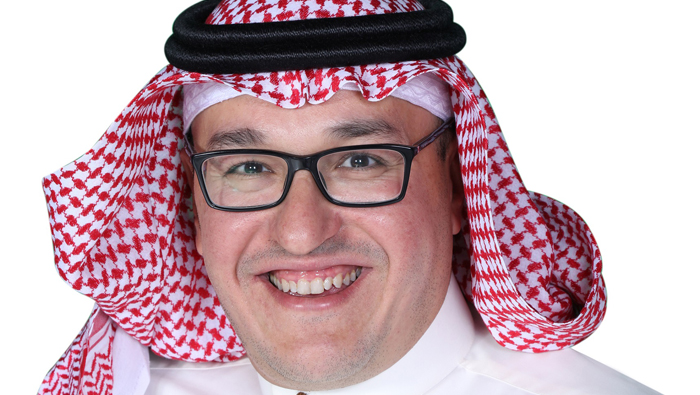
Muscat: Businesses in Saudi Arabia, this year, are significantly more optimistic about revenue growth and business opportunities than last year, as the Vision 2030 reforms look to increase private sector participation.
The Ernst & Young (EY) Growth Barometer, an annual survey of entrepreneurs’ and middle-market leaders’ growth strategies, reveals that 33 per cent of middle-market businesses in Saudi Arabia anticipate over 10 per cent growth this year, and six in 10 are targeting a growth of 6-10 per cent, a 24-percentage point jump compared with the results of last year’s survey.
This year, regulation has emerged as a new force in stimulating innovation and revenue growth. In a major shift in opinion, over one third (35 per cent) of Saudi respondents regard regulation as the top driver of innovation, up 28 percentage points compared with last year.
“Company leaders of middle-market companies in Saudi Arabia are riding a wave of ambition and confidence, as set out by Vision 2030 and the National Transformation Programme. Contrary to the common belief that regulation stifles growth and innovation, Saudi executives believe that reforms set by the Crown Prince have been driving change and growth in the Kingdom," Fahad Altoaimi, Saudi Arabia Managing Partner, EY, said
"The decision of MSCI to add Saudi Arabia to its Emerging Markets Index is a testament to the progress being made in the Kingdom and the positive effects of the reforms,” he added.
“The ambitious growth expectations of Saudi middle market companies cited in the EY Growth Barometer far outstrip the International Monetary Fund’s 2018 GDP growth forecast of 1.7 per cent. This is very encouraging for Saudi businesses — one of the key goals of Vision 2030 was to increase participation from middle-market businesses in the economy, and this has clearly boosted confidence,” Altoaimi said.
While executives remain confident of growth, they are concerned about cash flow shortages, citing insufficient cash flow as the number one challenge to growth this year. Approximately a third (34 per cent) of Saudi companies surveyed currently rely on bank finance for funding, but as Saudi Arabia looks to upgrade its stock exchange and open it to foreign investors, they are looking for funding through capital markets. Almost three-quarters (73 per cent) of executives are considering an IPO — another sign of burgeoning business confidence.
“Cash flow is one of the highest risks for companies on a growth journey. With growth, comes the need for working capital, and in line with fast-growth companies worldwide, the gap between long-term financing and short-term needs is a constant challenge," Abdulrahman Moulay Albizioui, Saudi Arabia Transaction Advisory Services Leader, EY, said.
"Growth strategies such as technology investment, entry into new sectors and sub-sectors, and new markets, all put a strain on working capital. Lack of cash in the balance sheet is a significant challenge to growth not just in Saudi Arabia, but across the world,” he added.
Adoption of AI
Attitudes towards new technology have evolved rapidly since last year’s survey. In 2017, 94 per cent of Saudi respondents to the EY Growth Barometer said that they would never adopt robotic process automation. By 2020, 82 per cent said they will have adopted artificial intelligence (AI) and implemented robotic process automation, with 95 per cent of respondents intending to do so within the next five years.
“While Saudi Arabian companies are at different stages of AI adoption, executives now no longer doubt its critical role in the future and have a new urgency to embrace AI and the business transformation that comes with its implementation,” said Albizioui.
Overseas expansion
According to the EY survey, Saudi Arabian business leaders see the need to expand their geographic footprint beyond home borders if they are to become market leaders in their space. Overseas expansions are the leading growth priority for 29 per cent of respondents, while 18 per cent of middle-market businesses are aiming to grow at home.
Skilled talent
Buoyed by confident revenue growth targets, Saudi Arabian business leaders are on a hiring spree, with 58 per cent looking to recruit more full-time staff. The greatest talent need, however, is more diversity, cited by 62 per cent of Saudi Arabian respondents.
“Saudi leaders have put diversity at the top of their recruitment agendas and this emphasis is likely to be a result of the National Transformation Programme 2020 and Saudi Vision 2030. Furthermore, the expansion into overseas markets, building external alliances, and investing in technologies to meet high growth targets will continue to drive the GDP growth of the country for years to come,” Albizioui added.